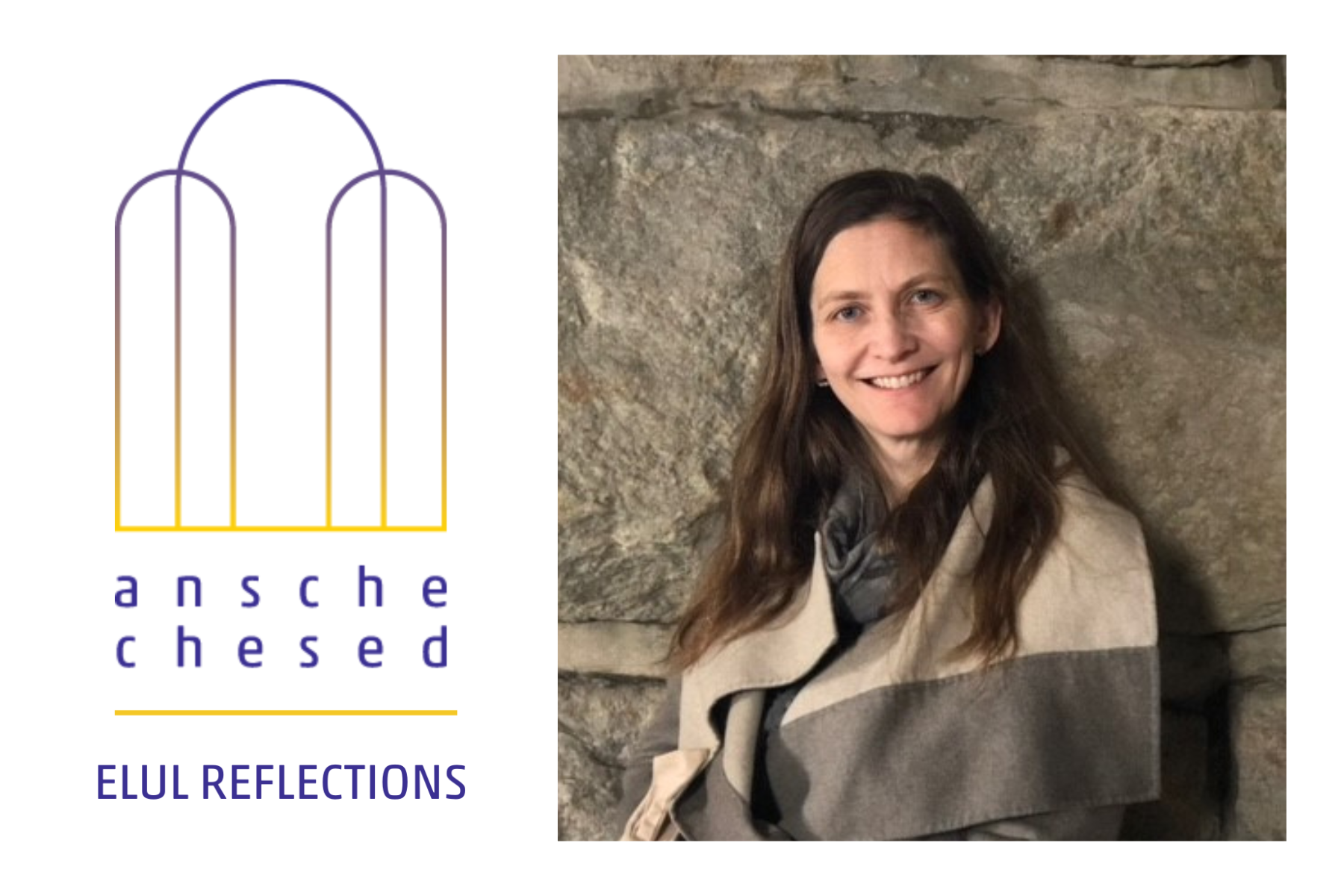At the end of this heartbreaking year, I wrestle with grief. Sometimes, grief comes as a physical sensation, an outpouring. Sometimes, as a set of questions.
What do we do with grief? How do we, as vulnerable humans, manage this predicament we are in? How should we, as Jews, live our lives in this unbearable time?
The poet Galway Kinnell says, when grief comes, we must Wait:
Wait, for now.
Distrust everything if you have to.
But trust the hours. Haven’t they
carried you everywhere, up to now?
Yet we want to do more than merely wait.
One thing I teach my students, in a law school setting, is that we need to train our minds and hearts toward clear seeing, as the basis of our action in the world. The mindfulness program I direct hosts fifty or sixty students, faculty, staff, and alums every week to build our capacity to see clearly—to pay attention to whatever is happening right now without judgment.
Clear seeing, for lawyers, might sound like seeing everything horrible, everything that has gone wrong or could go wrong.
This is what social scientists call “negativity bias,” and it’s very common. If we hear ten good things and one bad thing, we tend to remember the bad thing.
But remembering only the bad thing isn’t clear seeing. That’s why it’s called negativity bias.
Negativity bias is an occupational hazard for lawyers, whose job is to anticipate the bad things and help protect against them. It may also be an occupational hazard for Jews, for similar reasons.
Seeing clearly means more than seeing the bad things. It also means allowing ourselves to see the rest of the picture—to feel wonder and joy, to feel the “surprise” Heschel said he felt “every morning when I see the sunshine again.”
And when wonder and joy feel like too much of a reach, seeing clearly may mean simply asking, with the Vietnamese teacher Thich Nhat Hanh, What’s not wrong?
Because not everything is wrong.
Even if there are ten bad things and only one good thing in our day, in our year, then remembering the one good thing is part of seeing clearly.
For the past year, when I wake up in the night, I listen, again and again, to the same meditation. Lying there at 3:00 am, I play, very quietly, Jeff Warren’s “Nightly gratitude practice” on the 10% Happier App—named after Dan Harris’s brilliant and snarky memoir.
What I find so comforting about this meditation is that it doesn’t ask me to pretend anything. Jeff Warren doesn’t tell me things are better than they are. He just says, “no matter how awesome or crappy your day was, think back to something that happened that was good, even if it was very subtle.” And I can usually find one thing. And then another.
Other nights, lying awake, I just ask the question, “What’s not wrong?” My answers at 3:00 am are often very simple. I have a bed to sleep in. A roof. The thoughts can rush in, the guilt when I think about others who do not have beds or cannot sleep in their own beds. I see those truths too. And then I bring my mind back to what is not wrong.
The year 5784 has been excruciating in so many ways. And yet, looking back on it, if I do not recall events like the Shabbaton that Aliza and Rabbi Yael launched for Hebrew school families—that first-time-ever weekend bringing Ansche Chesed kids and parents together for magical moments amidst the trees, under the stars, in the GaGa pit—then I am not seeing clearly.
You have had your not-wrong moments this year, no doubt, at Ansche Chesed and beyond. Tiny or large, alone or with others. Perhaps, even today, like the poet Rachel, you have seen your version of a Pear Tree blooming outside your very window.
As we move through the month of Elul, as we prepare for teshuva, we might all decide to turn our minds, some of the time, to what’s not wrong. That is what unbiased thinking requires. Together we can choose to see clearly what we must know, the whole picture, to remake this broken world.





